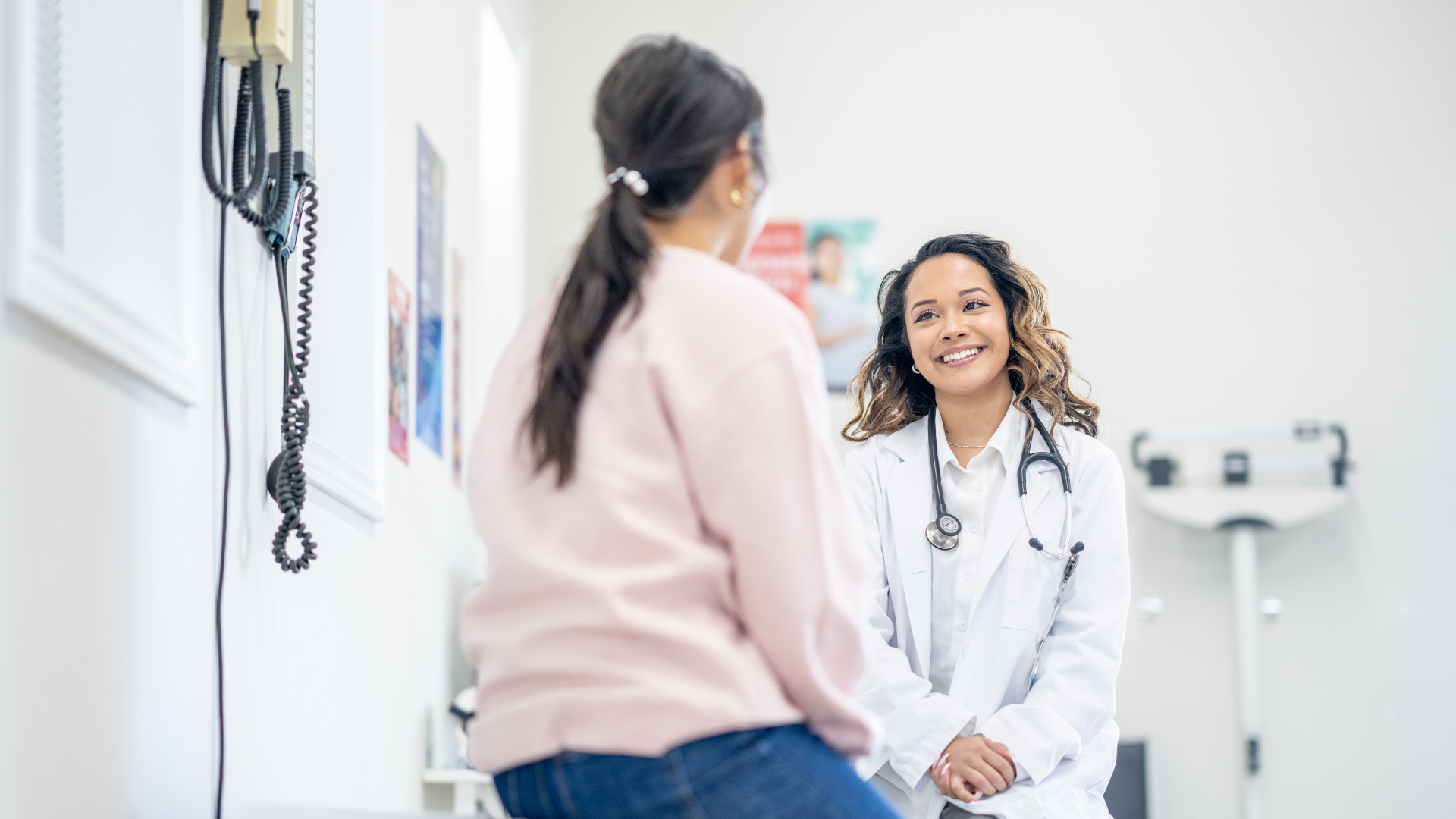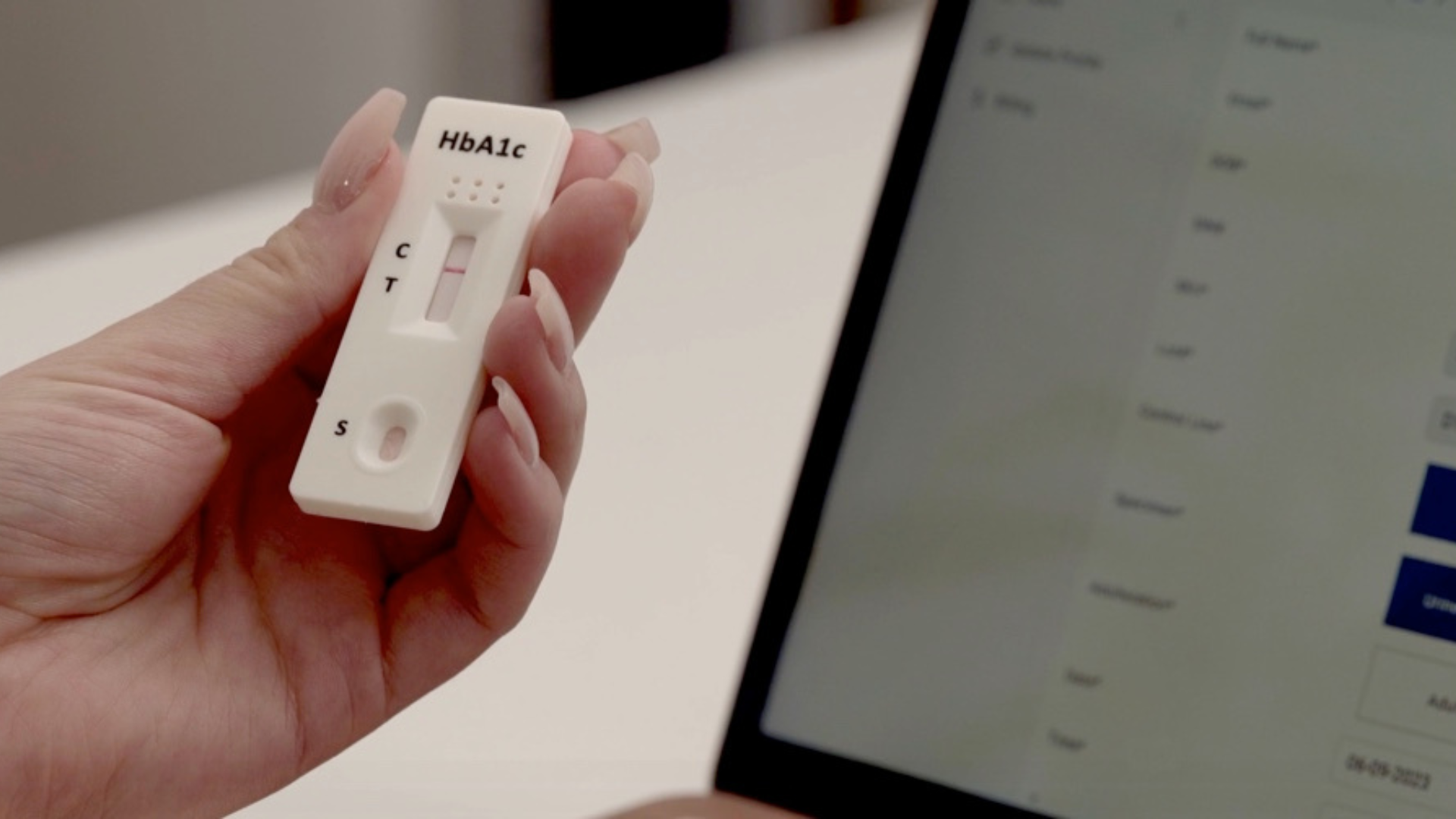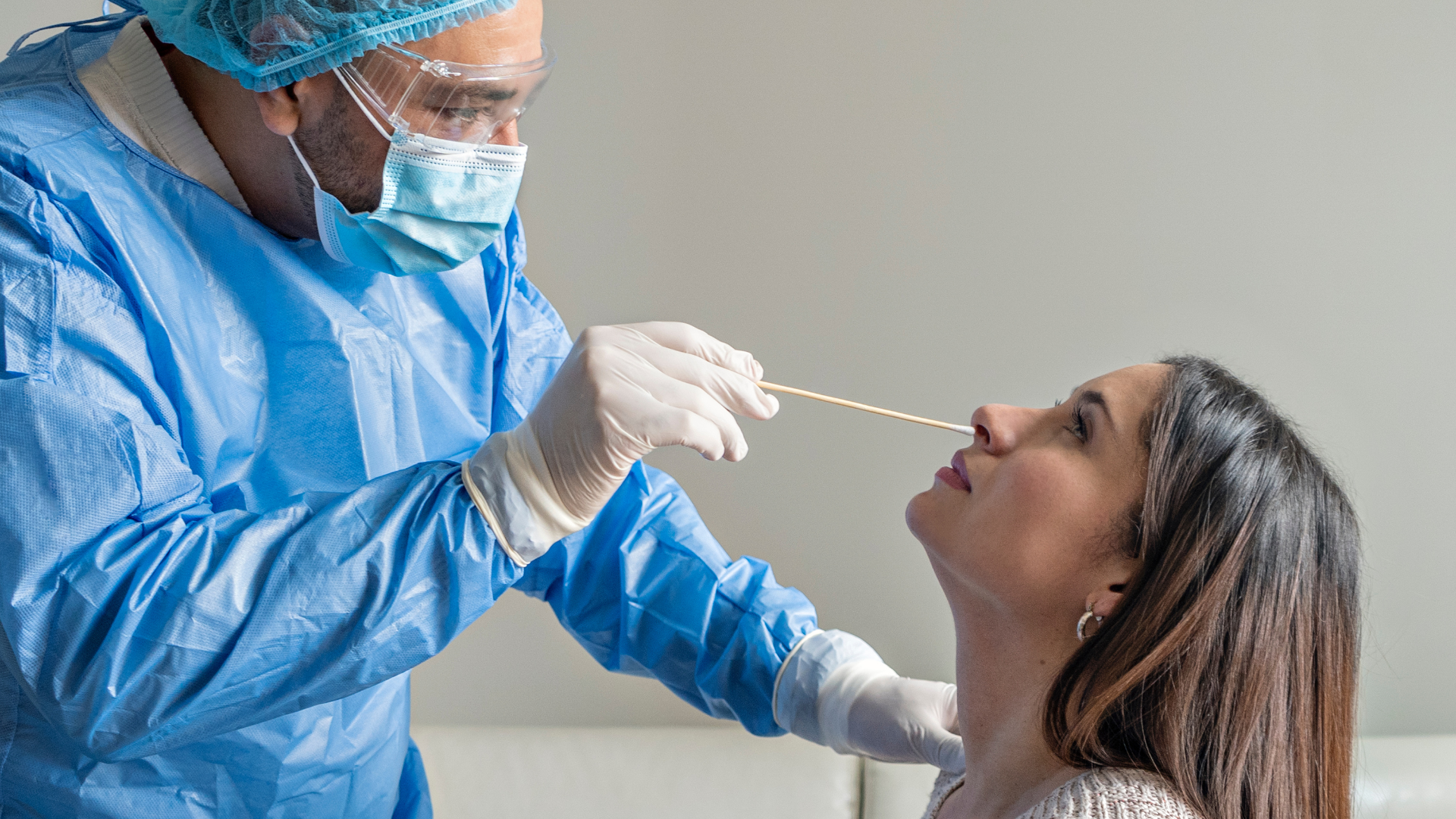In the expansive landscape of healthcare, accessibility remains a critical issue, particularly for remote communities. The advent of rapid health tests has revolutionized how medical conditions are diagnosed and managed in these areas. Specifically, the availability of diabetes rapid tests and infectious disease rapid tests has significantly improved health outcomes and quality of life for residents in isolated regions.
The Importance of Rapid Health Tests
Rapid health tests are essential tools in the fight against various medical conditions. These tests provide quick and accurate results, enabling healthcare providers to make timely decisions about patient care. For remote communities, where access to traditional laboratory facilities is limited, rapid health tests are a game-changer. They offer a practical solution to diagnosing and monitoring chronic and infectious diseases, ensuring that individuals receive the care they need without the delays associated with distant laboratories.

Addressing Diabetes with HbA1c Rapid Tests
Diabetes management is a significant concern in remote areas, where regular monitoring and timely intervention are often challenging. The HbA1c rapid test is a vital tool in managing diabetes in these settings. This test measures the average blood sugar levels over the past three months, providing crucial information about a patient’s diabetes control.
The advantages of using an HbA1c rapid test in remote communities include:
- Timely Diagnosis: Early detection of diabetes through rapid testing allows for immediate lifestyle and treatment adjustments, reducing the risk of complications.
- Convenience: Patients do not need to travel long distances for routine check-ups, as the HbA1c rapid test can be administered locally.
- Improved Compliance: With easier access to testing, patients are more likely to adhere to regular monitoring schedules, enhancing diabetes management.

Combating Infectious Diseases with Rapid Testing
Infectious diseases pose a significant threat to public health, particularly in remote areas where outbreaks can quickly escalate due to limited healthcare resources. Infectious disease rapid tests, including those for influenza, malaria, respiratory illnesses, RSV, SARS-CoV-2, and others, provide a crucial defense against these threats.
The benefits of infectious disease rapid tests in remote communities include:
- Early Detection and Isolation: Rapid tests facilitate the early identification of infectious diseases, allowing for prompt isolation and treatment of affected individuals to prevent further spread.
- Resource Efficiency: Quick testing reduces the burden on local healthcare facilities, as it enables swift triage and management of patients.
- Public Health Monitoring: Rapid testing contributes to better surveillance of disease patterns, informing public health interventions and resource allocation.

Conclusion
The integration of rapid health tests into healthcare services for remote communities is a significant advancement in public health. By providing accessible, accurate, and timely diagnostics, diabetes rapid tests like the HbA1c rapid test, and infectious disease rapid tests, play a critical role in improving health outcomes and enhancing the quality of life for individuals in isolated areas. As technology continues to advance, the impact of these rapid tests will only grow, further bridging the gap in healthcare access and equity.
For more information on our range of rapid health tests and how they can benefit your community, please contact us.